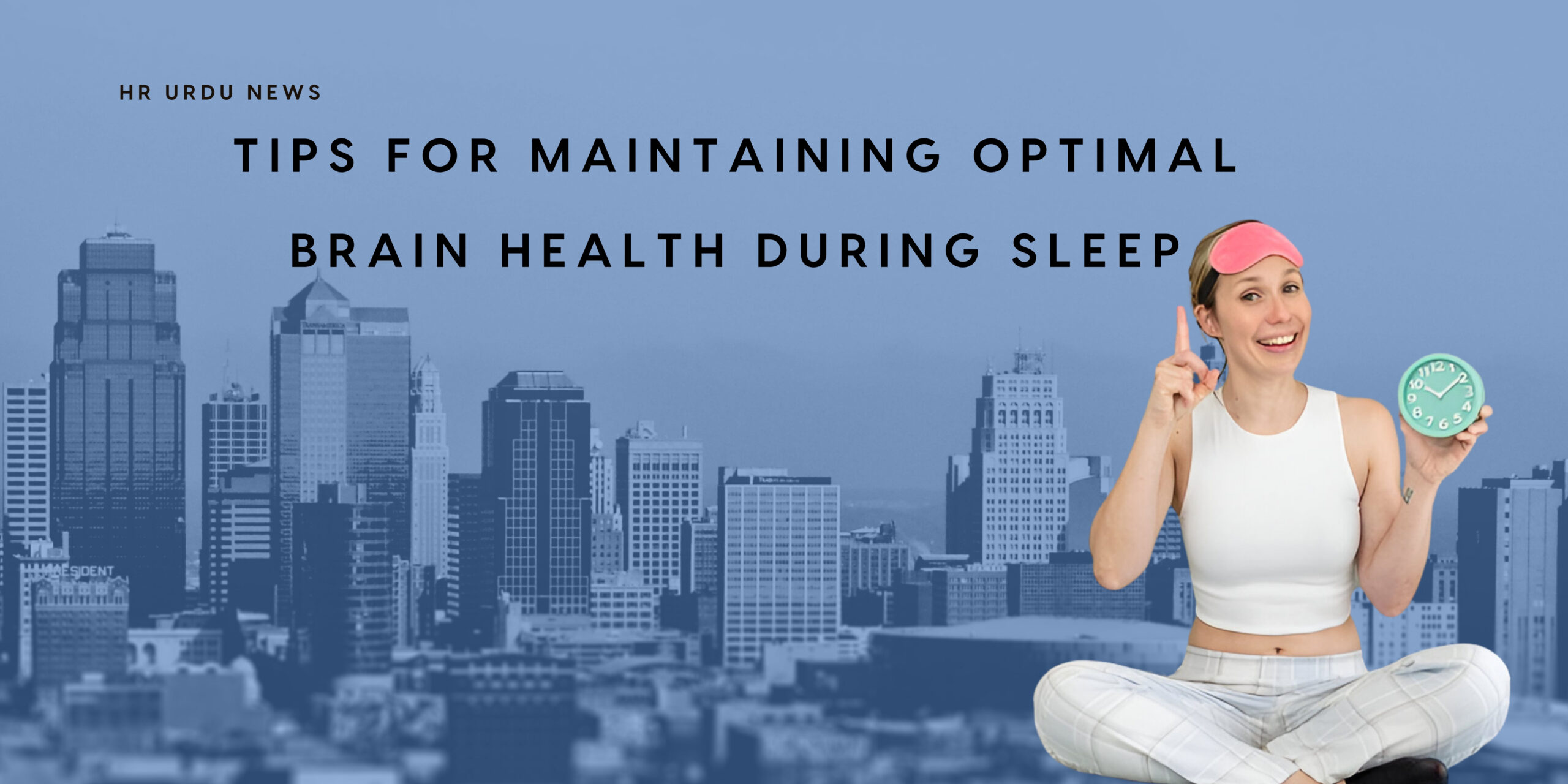Introduction
Quality sleep is a cornerstone of overall well-being, influencing both physical and mental health. Among the various factors that contribute to a restful night, sleep position stands out as a crucial element, particularly concerning brain health. In this comprehensive guide, we will delve into the profound significance of sleep position and explore the best sleep posture to safeguard and optimize the health and functionality of the brain.
Why Sleep Position Matters

To comprehend the impact of sleep position, it is essential to recognize how it affects the quality of sleep and, subsequently, the health of the brain. Different sleep positions can either facilitate or impede proper blood flow and oxygenation to the brain, making it imperative to adopt a sleep posture that encourages optimal circulation and minimizes potential harm to the brain.
The Best Sleep Position for Brain Health

Experts widely advocate sleeping on your back, also known as the supine position, as the most beneficial for brain health. When one sleeps on their back, the head, neck, and spine align, promoting proper blood flow and reducing strain on the brain. Beyond this, back sleeping offers additional benefits, such as minimizing the risk of developing wrinkles, facial creases, acid reflux, and symptoms of sleep apnea—all of which can have adverse effects on brain health if left unaddressed.
Exploring the Benefits of Back Sleeping

Proper Blood Flow and Oxygenation
Back sleeping facilitates unobstructed blood flow to the brain, ensuring an optimal supply of oxygen and nutrients. This uninterrupted circulation is fundamental to the brain’s health and functionality.
Wrinkle Prevention
Unlike other sleep positions that can lead to facial pressure and creases, back sleeping minimizes contact between the face and the pillow, reducing the risk of premature aging and maintaining skin health.
Acid Reflux and Sleep Apnea
Back sleeping can help prevent and alleviate symptoms of acid reflux and sleep apnea. These conditions, if untreated, can have detrimental effects on brain health, making the supine position a favorable choice for those prone to such issues.
Tips for Maintaining Optimal Brain Health During Sleep

While back sleeping is generally considered optimal for brain health, individual preferences and comfort play a significant role in sleep habits. Here are some practical tips to ensure optimal brain health, irrespective of your preferred sleep position:
Side Sleeping:
For those who prefer sleeping on their side, using a pillow that adequately supports the head and neck is crucial. This ensures proper spinal alignment, reducing potential strain on the brain.
Pillow Support:
Regardless of sleep position, a supportive pillow that aligns the spine and minimizes pressure on the brain is essential. Investing in a high-quality pillow can significantly contribute to maintaining optimal brain health during sleep.
Avoid Stomach Sleeping:
Stomach sleeping can lead to misalignment of the spine and restrict proper blood flow to the brain. Whenever possible, it is advisable to avoid this sleep position to minimize potential negative effects on brain health.
Invest in a Good Mattress:
The choice of mattress is a critical factor in influencing sleep quality. Opt for a comfortable and supportive mattress that promotes proper spinal alignment, contributing to optimal brain health.
Establish a Bedtime Routine:
Creating a consistent bedtime routine signals to the brain that it is time to wind down and prepare for sleep. This contributes to improved sleep quality, positively impacting overall brain health.
Conclusion
In conclusion, while back sleeping is generally considered the best position for brain health, it is crucial to prioritize comfort and individual preferences. Regardless of your chosen sleep position, maintaining proper spinal alignment and using supportive pillows and mattresses are critical for protecting your brain during sleep. By incorporating these tips into your sleep routine, you can actively promote optimal brain health and enjoy the neurological benefits of a restful night’s sleep.
Disclaimer
The information provided in this post is intended for general informational purposes only and should not be considered as professional or medical advice. The content is based on publicly available sources and is subject to change without notice. It is crucial to consult with a qualified healthcare professional or relevant experts for personalized advice and guidance tailored to your specific circumstances.
The author and the platform do not assume any responsibility or liability for any consequences resulting from the use of the information provided in this post. Readers are encouraged to independently verify and confirm the accuracy, reliability, and suitability of the information before making any decisions or taking any actions.
Additionally, individual health conditions may vary, and what works for one person may not be suitable for another. Any reliance on the information in this post is at the reader’s own risk. In case of health-related concerns or uncertainties, it is recommended to seek the advice of a qualified healthcare professional.
The inclusion of external links or references does not imply endorsement or validation by the author or the platform. The author and the platform disclaim any responsibility for the content of linked sites or resources.
By reading and engaging with this post, you acknowledge and agree to the terms of this disclaimer.

